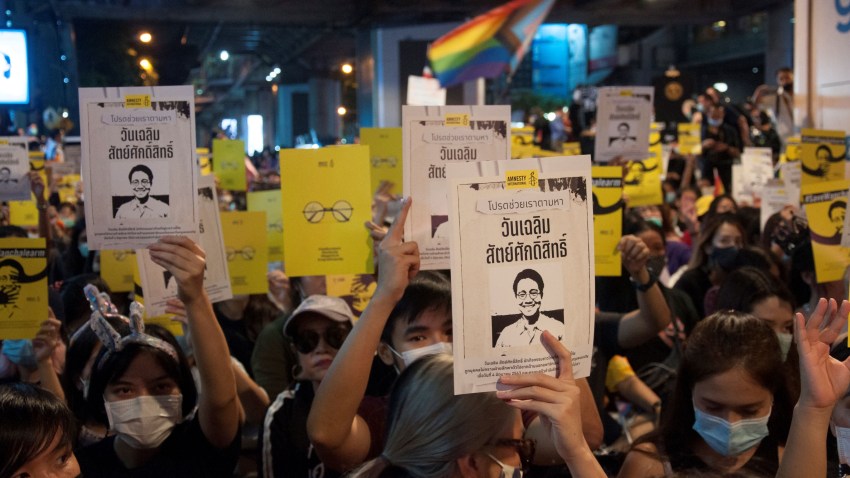Last month, Canadian Prime Minister Justin Trudeau accused the Indian government of being behind the killing of Hardeep Singh Najar, a controversial Canada-based Sikh separatist leader, in a suburb of Vancouver in June. India has denied the accusation, which relied in part on evidence provided by U.S. intelligence. But an investigation by the Washington Post suggests that the killing was at the very least “a larger and more organized operation than has previously been reported,” in which the killers appeared to use professional tactics.
Assuming India was behind Singh’s killing, it would hardly be a unique case. Rather it is the most recent example of a trend in recent years, in which many countries have become much bolder about kidnapping or simply killing political dissidents, terrorism suspects and anti-government activists inside the borders of other countries.
Russia’s assassination attempts against dissidents abroad might be the most prominent example. But for years, the U.S. seized suspected terrorists from foreign countries and transported them to Guantanamo Bay and other “black site” detention centers in third countries. In 2011, a team of U.S. special operations forces slipped into Pakistan without informing or seeking the authorization of the Pakistani government to kill Osama bin Laden and other members of his entourage. And in 2018, Saudi Arabia killed the dissident journalist Jamal Khashoggi in the Saudi consulate in Istanbul. Other states have similarly engaged in assassinations or attempted assassinations, which for years were considered taboo by the international community, but have now become increasingly commonplace, with little accountability for the kidnappers or killers.

